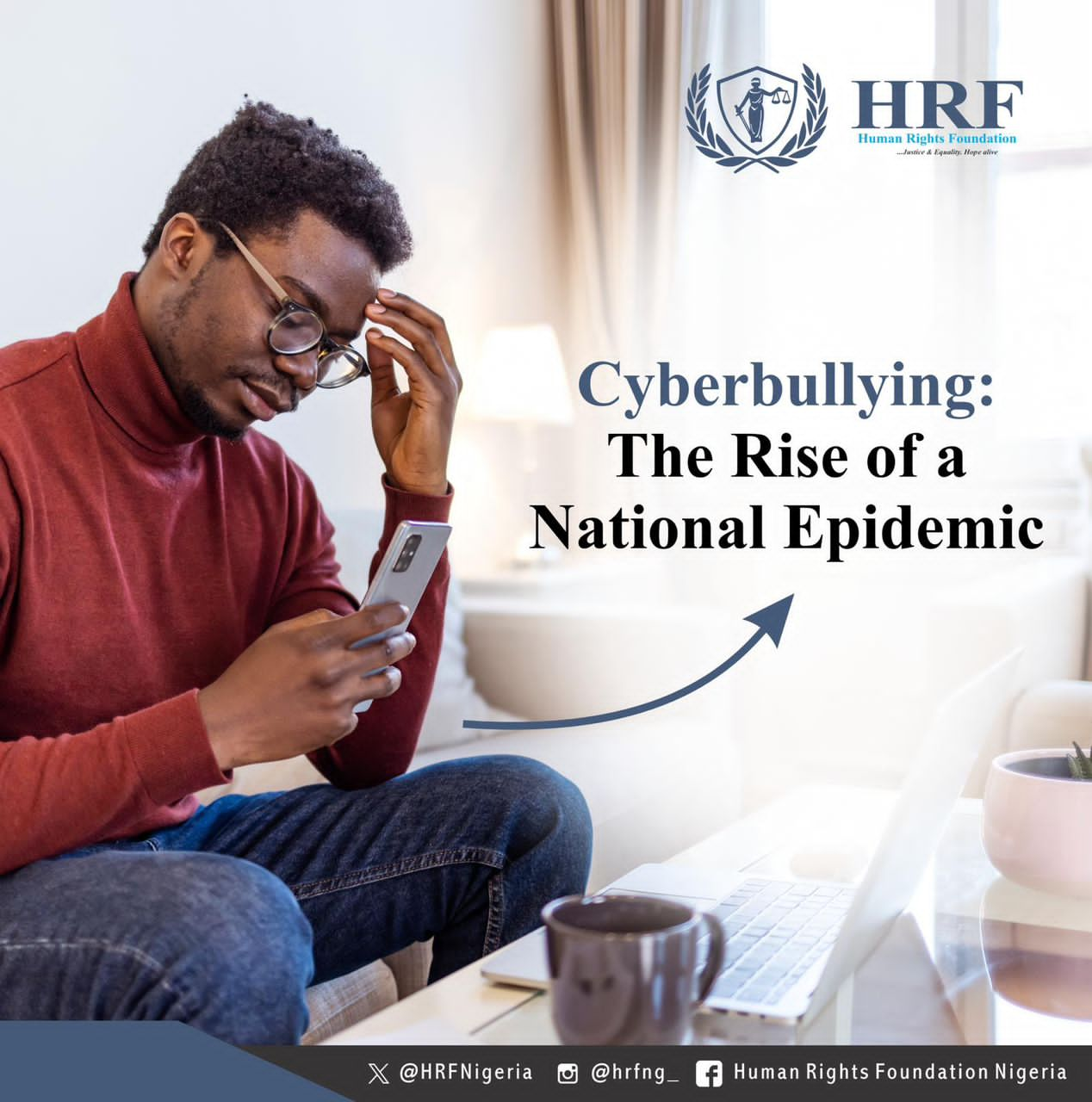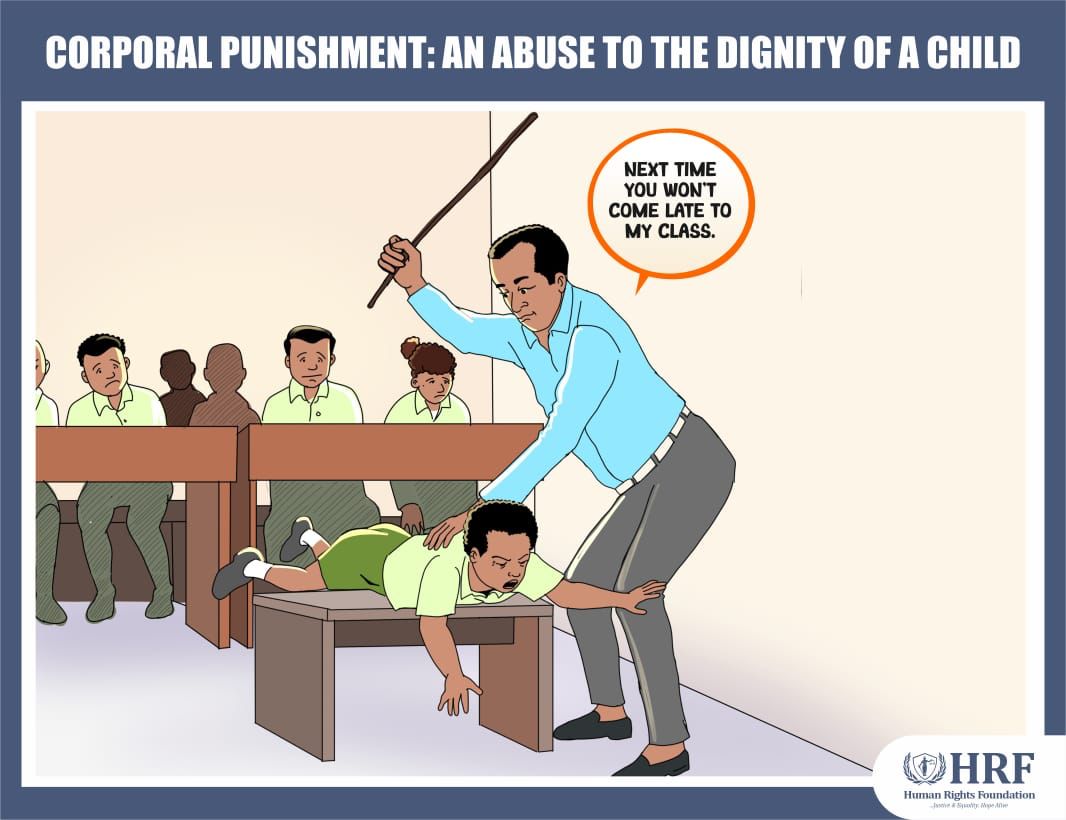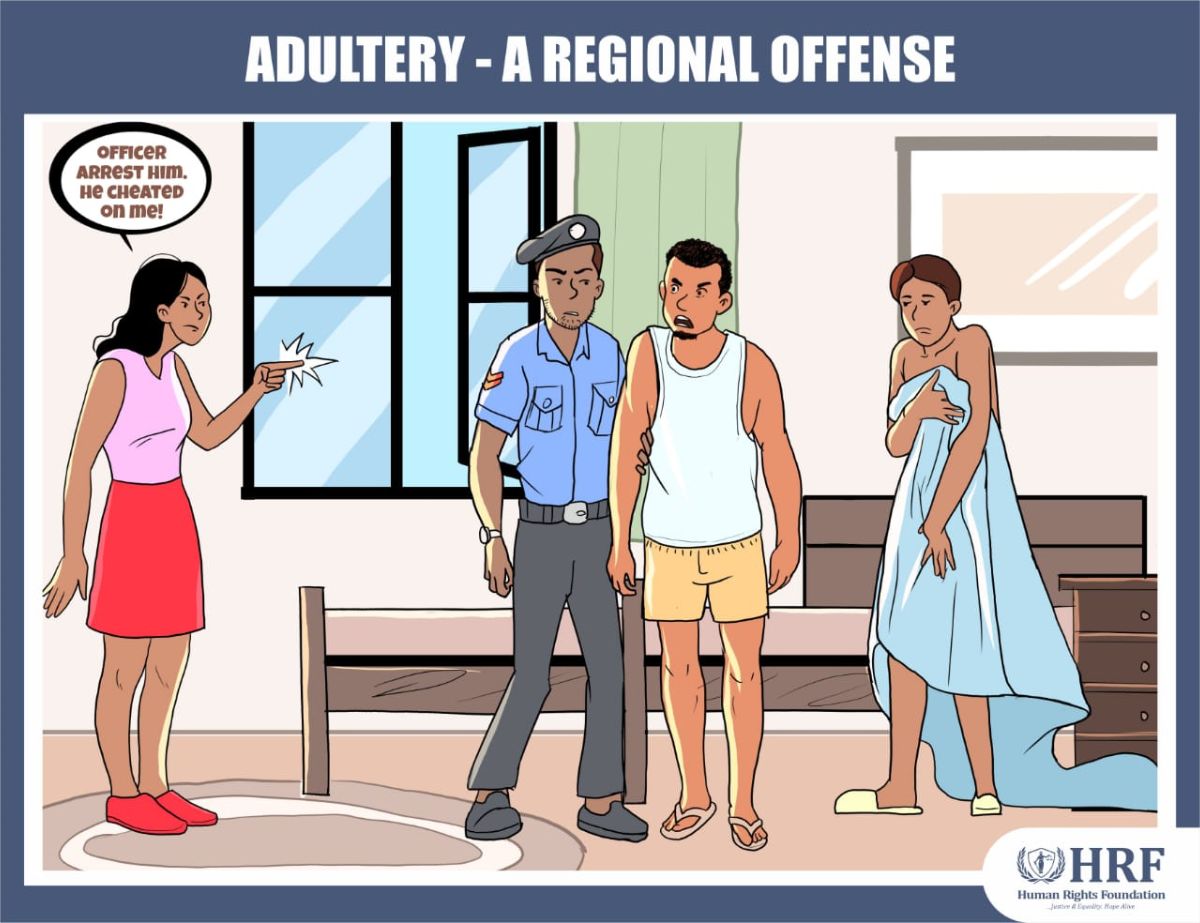
The edge neutrality of Information and Communication Technologies (ICT) for users cannot be de-emphasized. The outbreak of menaces such as cyberbullying, has become a cause of great concern.
Recently, the Sports Writers Association of Nigeria (SWAN) has condemned in totality any form of cyber-bullying acts against some members of the current Super Eagles following the outcome of the just concluded Africa Cup of Nations, reported The Nation. Shortly after the final of the 34th edition of AFCON, the social media space has been abuzz with sorts of taunts targeted at some members of Nigeria’s senior National team, especially the midfielder Alex Iwobi.
With the increase of internet access, social media, and technology, cyberbullying has become rampant in our society, thereby making it quintessential that measures be put in place to protect victims and ensure accountability.
In Nigeria, the principal legislation on cyberbullying is the Cybercrime (Prohibition, Prevention, and Enforcement) Act, of 2015. Cybercrimes (Prohibition, Prevention, etc.) Act 2015 provides a framework for the prevention and prosecution of cybercrimes. Section 24 of the Act provides that any person who knowingly or intentionally sends a message or other matter using computer systems or networks that is (a) Grossly offensive, pornographic, or of an indecent, obscene, or menacing character or causes any such message or matter to be so sent; or (b) He knows to be false, to cause annoyance inconvenience, danger, obstruction, insult, injury, criminal intimidation, enmity, hatred, ill will or needless anxiety to another or causes such a message to be sent commits an offense under this Act and shall be liable on conviction to a fine of not more than ₦7,000,000.00 or imprisonment for a term of not more than 3 years or to both such fine and imprisonment.
The Act further states by Section 24(2) that any person who intentionally transmits any communication through a computer system to bully or threaten or harass another person, where such communication places another person in fear of death, violence or bodily harm or to another person; commits an offense under the Act and shall be liable on conviction to 10 years and for a minimum fine of ₦25,000,000.00 (Twenty-Five Million Naira).
In AG of the Federation v Ayan Olubunmi, the Federal High Court in Ado-Ekiti, Ekiti State, sentenced Ayan Olubunmi to two years in prison and a fine of N500,000 for posting the nude photos of his ex-lover, Arare Monica on Facebook. Ayan had threatened to share the explicit images on social media when Monica ended their relationship in 2017. Despite Monica’s plea and an offer of N200,000 as an inducement, Ayan posted the pictures as he threatened. The court found Ayan guilty of violating the Cyber Crime Act of 2015, and the judge described the act as disgraceful and barbaric.
To ensure that victims are adequately protected, the courts in Nigeria are empowered to make a Prohibition Order to safeguard the victim or victims of the offense, or any individual identified in the order, from actions that constitute harassment or would induce fear of violence, death, or bodily harm. This order can also forbid the defendant from engaging in any actions specified within the order.
Victims of cyberbullying are also advised to take steps to report the incident to the appropriate authorities to prevent future occurrences. It has been discovered that the majority of those who experience cyberbullying do not report it. If we are to succeed in preventing bullying, we need to break the silence in which it thrives by empowering people to speak out and seek help.
To ensure accountability, it is recommended that the government monitor the activities of online service providers and also make sure policies preventing cyberbullying are fully implemented. Online service providers are advised to undertake periodic reviews of the design and features of their services to identify potential misuse and address it if possible. In addition, the government should set up a clear and simple reporting mechanism to ensure victims of cyberbullying have easy access to resources and assistance.
Furthermore, Non-governmental organizations (NGOs) have a role to play in dealing with cyberbullying through the services they offer, such as hotlines and helplines, as well as by creating awareness of cyberbullying and the need to report it whenever it occurs.
Nigeria has taken a step in the right direction by establishing a legal framework to prohibit cybercrimes, thereby providing recourse for its victims. However, much is still left undone in the areas of implementation and enforcement of the law, which is necessary for its effectiveness.



.jpg)
0 Comments